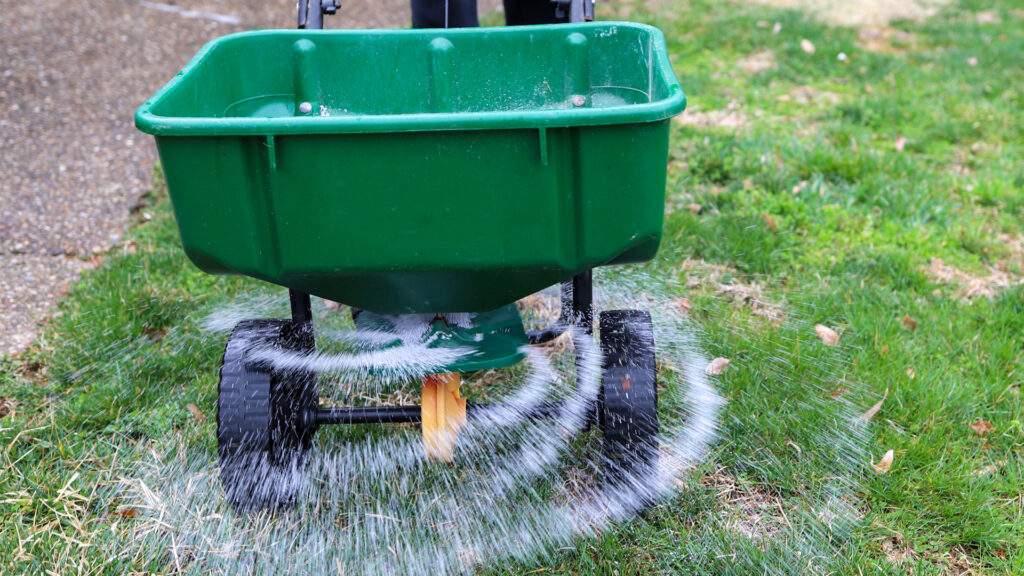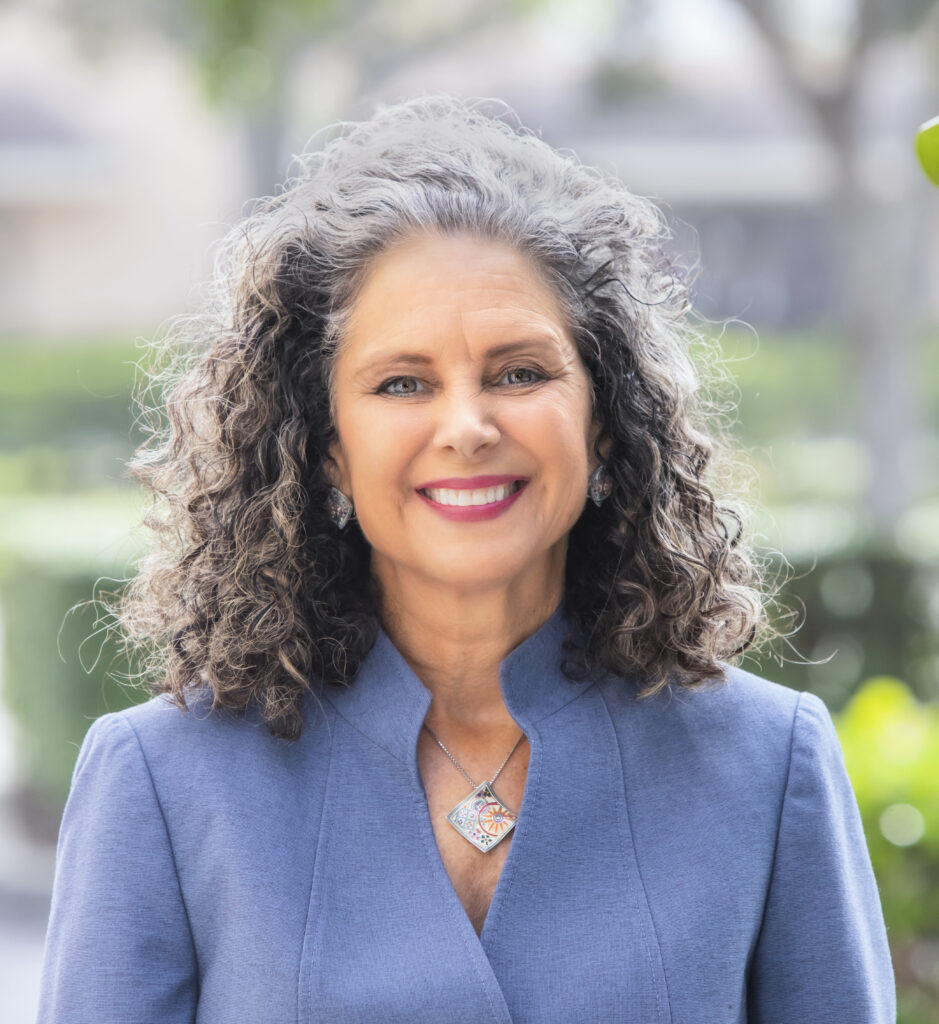By Jacqui Thurlow-Lippisch
I have been in the ring swinging to protect my community from urban fertilizer pollution since 2010, when I was a Sewall’s Point town commissioner. Sewall’s Point was the first community to adopt a strong urban fertilizer ordinance along the Indian River Lagoon. At that time, there were already a handful of counties and cities that had adopted these common-sense, science-based, low-to-no-cost pollution controls along the Gulf Coast.
After joining this group of forward-thinking local governments, Sewall’s Point was almost immediately thrown into the fight against statewide preemption of our new, desperately needed fertilizer pollution prevention measures, which lasted until 2014. After that, urban fertilizer ordinances were no longer controversial. We spent the next decade educating our respective citizens about how rainy season urban fertilizer application bans can put control over pollution prevention in everyone’s hands.
New cities and counties across Florida followed in our footsteps. To date, there are 18 counties and well over 100 municipalities in Florida that have taken urban fertilizer pollution seriously. Then the 2023 legislative session happened. Lo and behold, a sneak attack threatened our tried and tested urban fertilizer ordinances.

Why would the cheapest, easiest method of water pollution protection in Florida be under fire? I can assure you there is no good reason. Strong urban fertilizer ordinances work exactly as they should; they keep us from applying nitrogen and phosphorus during the rainy season when it would be very likely to leach into the groundwater or run off the lawn/landscape.
It isn’t rocket science. And yet, in early May of last year, the Florida Legislature tied the hands of local governments, preventing them from adopting these simple-to-follow rules for the safe application of urban fertilizer to our yards and landscapes by implementing a one-year moratorium on new, protective ordinances. Along with the moratorium, they granted the University of Florida Institute of Food and Agricultural Sciences (UF/IFAS) $250,000 to evaluate urban fertilizer ordinances.
The good news is that the ensuing UF report, released at the tail end of 2023, revealed exactly what those of us in the trenches fighting for the life of our beloved water resources have known for years: Urban fertilizer ordinances work. The report also confirmed that the urban fertilizer controls should continue to be under the purview of local governments, something made clear by the 2007 Florida Consumer Fertilizer Task Force when it concluded that a watershed-by-watershed approach, as opposed to one statewide rule, was the only way to proceed if local governments were to be able to protect their own waterfront economies from urban fertilizer pollution.

The UF reports local governments statewide, including and especially those counties that have enacted fertilizer use ordinances, have taken steps to improve water quality by regulating or funding improvements to septic systems, reclaimed water, stormwater ponds, swale, and wastewater treatment plants. Advocates and elected officials have always recognized that it is difficult, if not impossible, to extract the exact impact urban fertilizer regulation has on a particular watershed because of the myriad other water quality protections we have implemented. Again, no new revelation.
And finally, the recommendation in the UF report for more research is no surprise. Research institutions, the University of Florida included, promote further research and the funding that comes with it, of course. However, in the case of urban fertilizer ordinances, they have created new markets for alternative lawn care products and allowed landscape managers to continue their work.
It makes no sense to spend even more precious tax dollars to confirm what everyone already knows: What Florida’s ailing waters need are more, not less, policies and practices that prevent pollution at its source.
Jacqui Thurlow-Lippisch is a former commissioner and mayor for the town of Sewall’s Point. She also served on the South Florida Water Management District Governing Board from 2019-2023.
If you are interested in submitting an opinion piece to The Invading Sea, email Editor Nathan Crabbe at ncrabbe@fau.edu. Sign up for The Invading Sea newsletter by visiting here.




Good article, thank you for writing this and providing the important link. Please follow-up on this issue if/when the moratorium is lifted. I work on many projects that filter water; several built in Florida, but the #1 thing we can do for water quality is prevent unnecessary nutrients from entering the water systems in the first place. These nutrients not only harm our waters but also create eutrophication that contributes to green house gas emissions and climate change. From protecting our fisheries and property values, to helping our environment- this is an issue we can all easily solve together.